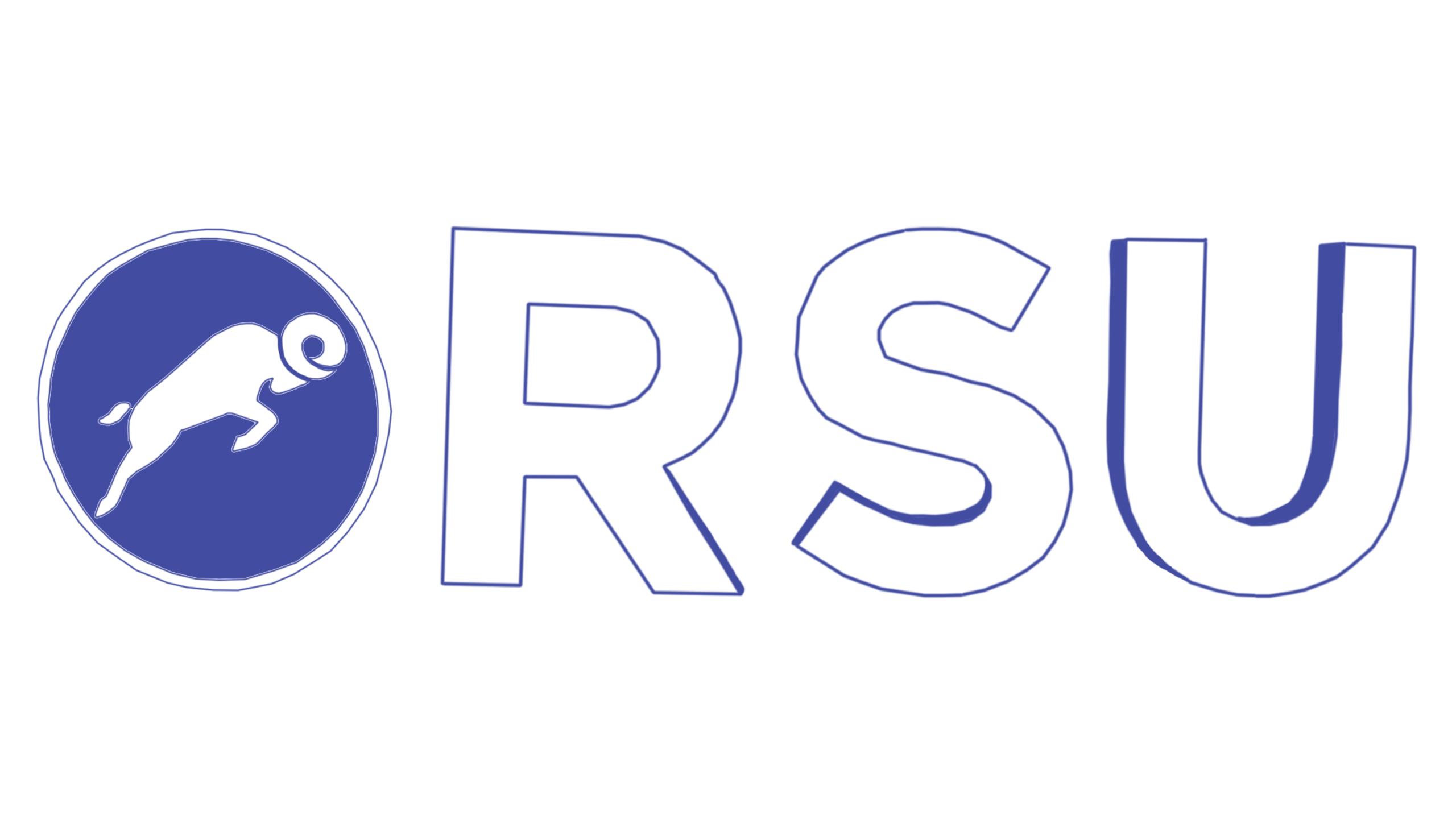By Kosalan Kathiramalanathan
Earlier this year, I got to photograph the Board of Directors (BoD) meeting following accusations that members of the Ryerson Students’ Union (RSU) executive team had misused student union credit cards for themselves. I’ve covered my fair share of BoD meetings and for the most part, they rarely draw a crowd. But this time around, we were in an auditorium packed with students demanding answers and accountability.
Seeing the massive student turnout following the BoD meeting, I was feeling hopeful that this year’s election and debate would bring the same energy and desire for answers. But the recent RSU election debates didn’t draw as big of a crowd, and most of the students who did attend were divided by the slate they were running on or supporting.
Last year I covered the official RSU debates and in a word, they were terrible. The candidates spoke to a room full of their own supporters and were asked carefully rehearsed questions designed to bolster their candidate or target another. It was a pointless back and forth that didn’t even reach the students they were trying to sell it to. Media weren’t allowed to film or livestream the debates, with the RSU citing that their own live stream was sufficient—even though it got taken down just a few days later.
It left me feeling cynical that students didn’t care about these elections or campus politics, except when thousands of dollars are mismanaged and memes about executives allegedly dropping thousands at the Rec Room are involved. So a year later, did the RSU do any better? Well, kind of. One of the biggest improvements was allowing the media to do their job freely.
This year, The Eyeopener got to livestream the events. It’s important to let the media keep an unfiltered record of what was said, not only letting us hold the candidates accountable to their words, but the public at large. The Eyeopener and The Ryersonian got to hold their own debate, giving a chance for students to hear these platforms from the candidates a few days before voting.
One of the biggest improvements was allowing the media to do their job freely
Another improvement was minimizing targeted questions from the audience. By insisting that all questions needed to be general to all candidates, it levels the playing field by making sure that the questions asked aren’t partisan. This years the answers seemed a bit more genuine and off the cuff rather than a scripted PR statement. This did prove to be a point of contention during the RSU debate, though, when some students petitioned the Chief Returning Officer (CRO) halfway through the debate to allow targeted questions to certain candidates (which he refused since he had established the rules of the debate at the beginning).
Pointed questions aren’t necessarily a bad thing, but when the audience asking the questions is also divided by slates, it turns the whole thing into less of a debate and more of a political theater. That leads to the heart of the issue.This event lacked the core audience it needed—the undecided, independent student voter. Instead, the room was literally divided into camps of supporters, each cheering loudly when their candidate stood up to speak.
The slate-divided audience needs to be fixed next year. If the average student isn’t attending these events to ask questions and earnestly listen to the ideas being presented, then these debates are a waste of time. The Eyeopener and Ryersonian debates tried to get more students involved by streaming the event through multiple outlets and allowing students to ask more questions through social media.
Candidates were also given time to offer rebuttals to questions and points made by other candidates to allow discourse. But The Eyeopener and Ryersonian debates weren’t perfect either. There was only enough time for three out of six executive roles to be debated, and there was no American Sign Language (ASL) interpreter, making the event not accessible to all students, something that the RSU debate was able to get.
These events should be held in a public place and at a time that is accessible to students (Hint: Not the basement of Kerr Hall on a Monday evening) and there needs to be a greater awareness of these events. If the last two years have showed anything, there’s room for improvement. But the past two years also show that positive change, even if it’s incremental, can be achieved.










Leave a Reply